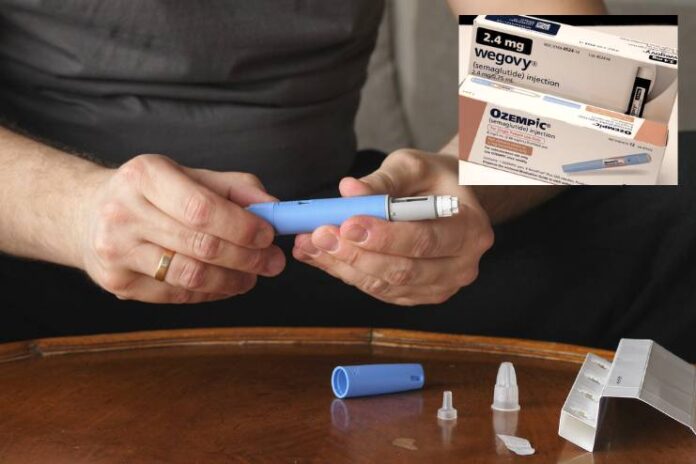Affiliate Disclaimer
Some links in this article are affiliate links. We may earn a small commission if you make a purchase through these links, at no extra cost to you. We only recommend products we find useful to our readersThe U.S. Food and Drug Administration (FDA) has released a new safety warning for GLP-1 receptor agonists, which are drugs frequently recommended for type 2 diabetes and obesity. According to Medscape, on Nov. 6, the FDA ordered a new warning concerning the risk of pulmonary aspiration during deep sedation or general anesthesia for certain medications, including Ozempic and Wegovy.
When stomach contents get into the lungs, it’s known as pulmonary aspiration, and it can lead to severe consequences, including pneumonia or respiratory distress. GLP-1 receptor agonists slow the rate at which food passes from the stomach, causing delays in gastric emptying. Although this effect aids in weight management and blood sugar regulation, it presents dangers during surgery.
The FDA reported 8,571 gastrointestinal issues associated with semaglutide medications like Ozempic and Wegovy as of June 30. The warning draws attention to more general difficulties in weighing the advantages and disadvantages of certain medications. The newly discovered hazards highlight the significance of customized treatment plans and preoperative evaluations despite their helpfulness in managing chronic illnesses.
The “Adverse Reactions” and “Postmarketing Experience” sections now include references to pulmonary aspiration. The Medication Guide Section now reminds patients of the possible dangers of delayed stomach emptying linked to GLP-1 RAs.
Patients on GLP-1 receptor agonists should discuss this new recommendation with their doctors, particularly if they undergo surgery soon. Anesthesiologists and surgeons must be aware of patients’ medication histories to reduce the risk of complications during surgery.


















